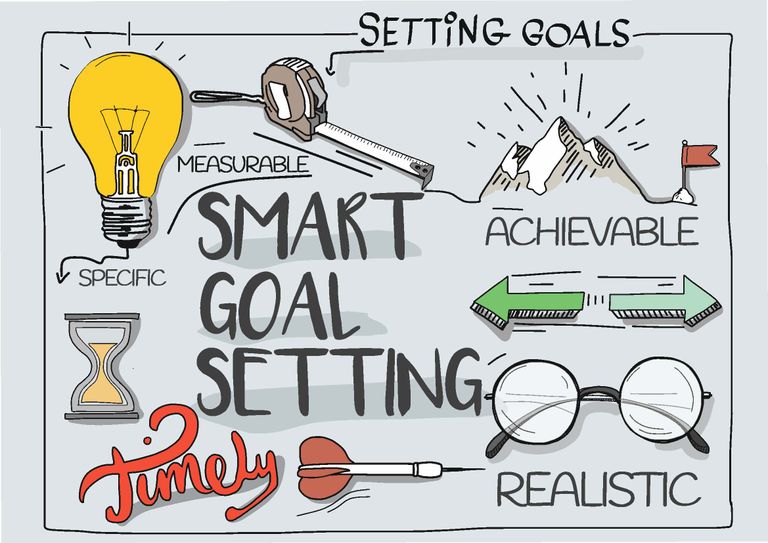The journey to success begins with your own actions. If you are committed and passionate about what you want to achieve, then the road will be easier. If you don't feel inspired or driven, though, it's a good idea to follow these simple steps to help get you started. Once you have some goals and some inspiration, success will be much easier to reach.

First, make sure that you stay on track. Whether you're setting up your new business, working toward a better fitness level, or just trying to get organized, don't get discouraged if your plans fall through at times. If you constantly find that your goals are unreachable, step back and reassess whether they are really important to you. If your goals are too easy to accomplish, set yourself up for disappointment. Don't allow this to get you down and start thinking you can't achieve your goals.
Next, be realistic with yourself. If your life requires you to work a lot of hours, then you will need to set aside time each day to accomplish your tasks. You also have to set aside time each week to focus on your overall goals. If you lose sight of your goals and become so busy with your daily responsibilities that you don't see enough time left in your day to actually accomplish everything you want to, then you will likely give up before you reach your ultimate goal.
Also, when setting goals, think in terms of how long it will take you to achieve them. For example, if you set a fitness goal of running a mile in ten minutes, you should also factor in your daily walk time to get there. Likewise, if you set a health-related goal of reducing your cholesterol level by twenty percent, you should factor in your diet and exercise time to do so. This is called a time bound goal since you must achieve these goals over a specific period of time, or you won't achieve your goal.
You can also make smart goals that are more attainable. These are goals that are smaller in scope but that are still relevant to achieving your ultimate goals. For example, if you have a high opinion of yourself and feel that you are capable of great things, you might want to write these goals down. Then, you can look at the list each morning and remind yourself of your dreams and goals. This type of goal setting works because each morning as you re-start your day you can remind yourself that you can do it.
Finally, if you find your goals too large and out of reach you should consider breaking them down into smaller, more doable goals. The most important goals in your life are likely the first two, so if those are not something goofy you can knock off your list. If you have ten goals that are doable within a three month period, you probably have enough focus and determination to get these done. Again, listing your goals with bold letters and a deadline can help you remember what you must do each day and each week.
The last type of smart goal is one that you can set aside: something goofy. To do this, you should write down your top goals that you can do in a given period of time. Write down anything that has crossed your mind but you haven't put it on paper yet. Once you've done this, you should then put a time limit on yourself and assign yourself a goal for every three months. (I recommend having the goal is bigger than what you are trying to achieve because sometimes it can seem like the impossible task is really achievable.)

Now that you know what type of goals are realistic and achievable you are ready to set aside your goals. To do this, you need to create a list of things that you have to accomplish. Add anything else that is a priority to your list that you can see as being urgent. This is your emergency fund; if you are over-extending yourself, it will become a burden and you will lose sight of what you are working toward. Remember, no one can accomplish your goals faster than you can if you allow yourself to get bogged down.